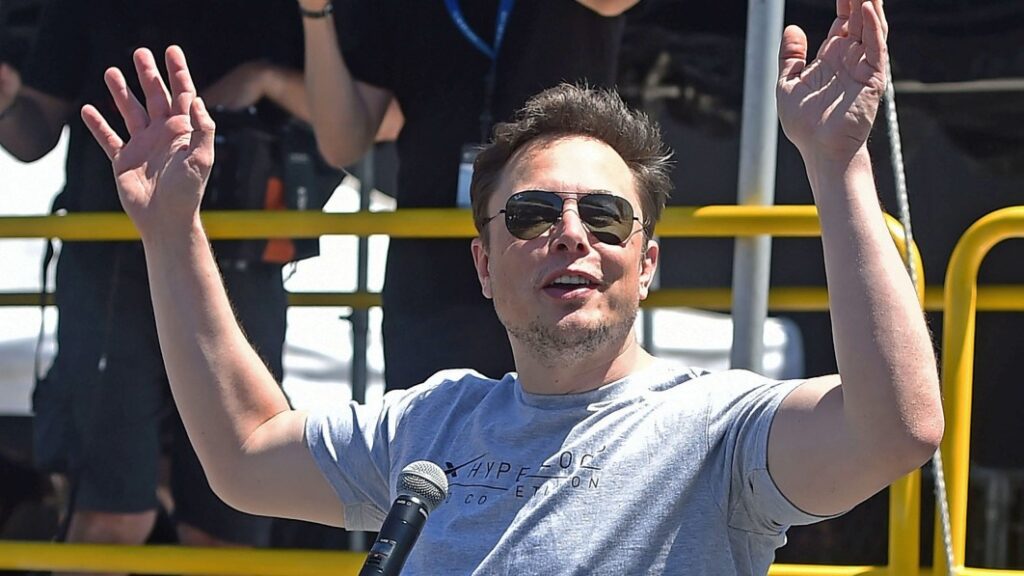Tesla and Ford's EV price cuts make no sense, Bank of America says

Tesla CEO
Elon Musk.
Robyn Beck/AFP/Getty Images
Ford announced price cuts for its electric vehicles shortly after Tesla did the same.
The moves don’t make sense, but Tesla’s larger scale gives it a near-term advantage, BofA said.
Overall, strategists said price cuts in the EV market could result in higher sales volumes.
Tesla kicked off 2023 by slashing the price of its vehicles by as much as 20%, and this week Ford did the same for its electric Mustang Mach-E model range.
Neither move made much sense, according to Bank of America, though Tesla still holds a near-term advantage, the bank analysts said.
“The logic appears odd to us,” strategists wrote in a Tuesday note. “Both TSLA and Ford are citing demand that exceeds supply, which means that cutting prices would be a direct hit to the bottom line today and unnecessarily degrades future earnings power.”
On one hand, Elon Musk’s decision for Tesla could have been driven by easing demand or his target 50% growth rate, though BofA noted the approach was still strange.
But for Ford, in order to meet its sales volume targets and maintain profits, the legacy automaker would have to produce and sell about 33% more vehicles than anticipated due to the price cuts, Bank of America estimated. Cutting vehicle prices is a risky move if that additional capacity isn’t possible.
The company said in a statement that it expects to produce 130,000 units of its Mustang Mach-E this year, revised from a prior target of 78,000.
“We are responding to changes in the marketplace,” Ford’s chief customer officer Marin Gjaja said in a media briefing. “We want to stay competitive in the marketplace.”
Gjaja maintained that Ford’s price cuts were not a direct response to Tesla’s move.
BofA says the two companies are unlikely to spark an all-out price war reminiscent of the early 2000s, when General Motors was driven to bankruptcy. Automakers today are better positioned, leaving strategists to conclude that a bad actor won’t be able to destroy competitive pricing.
Nonetheless, Bank of America said the auto industry does not always act rationally, hence the recent price cuts. Given the relative novelty and small size of the EV market, obstacles are bound to emerge, which makes the already-challenging business even more so.





